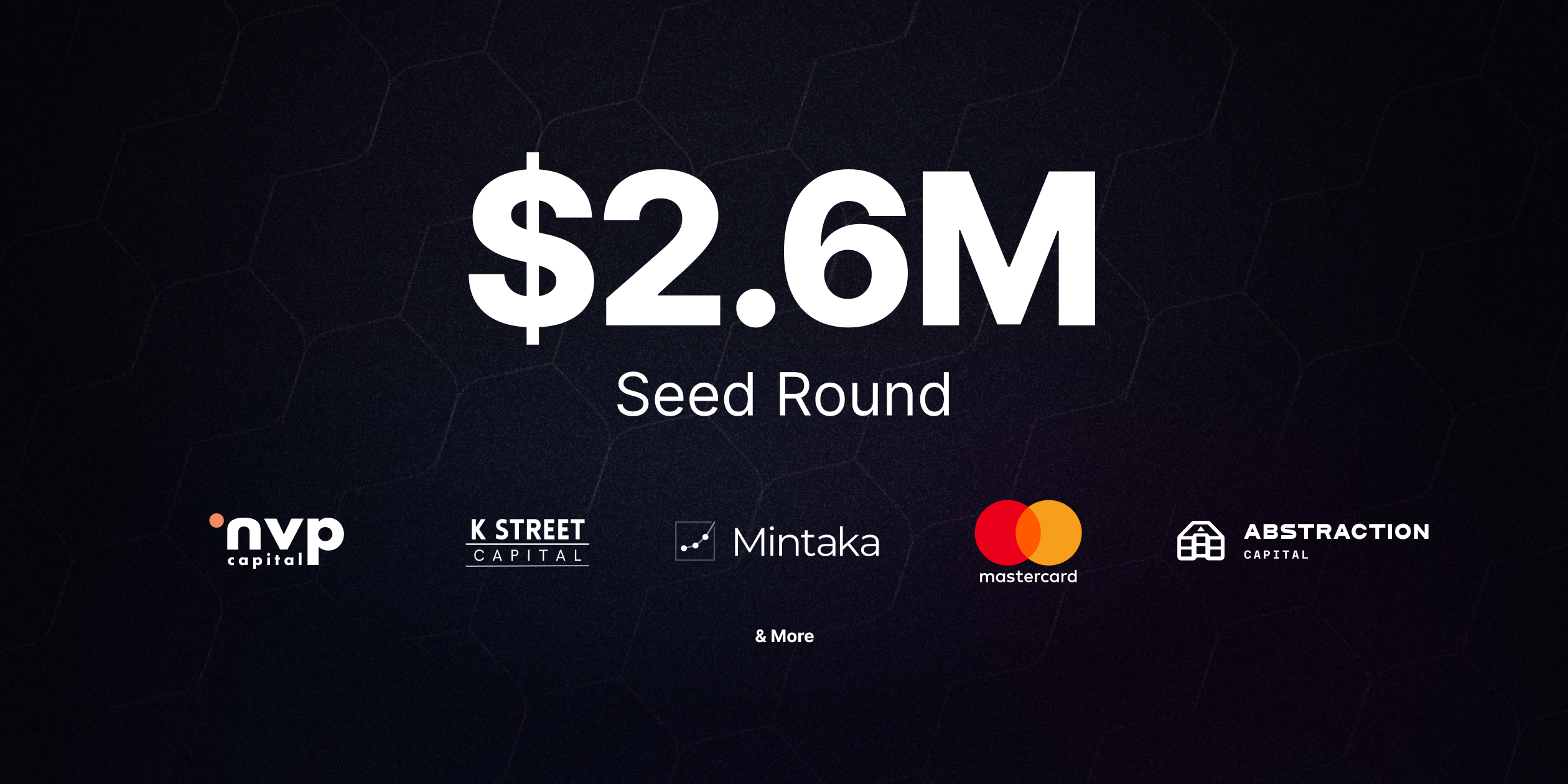
Beyond the $250k Limit: Optimizing FDIC Coverage for Businesses using Mercury & Brex
For businesses of all sizes, safeguarding hard-earned funds is paramount. The Federal Deposit Insurance Corporation (FDIC) serves as a critical safety net, providing coverage in the event of a bank failure. However, understanding the nuances of FDIC protection, particularly when utilizing innovative fintech solutions like Mercury and Brex, is essential to maximizing coverage and ensuring optimal financial security.
Understanding Mercury and Brex
Mercury and Brex are disrupting the traditional banking landscape, offering streamlined financial solutions specifically tailored for modern businesses. But how do they handle FDIC insurance, a key concern for many business owners?
The $250,000 Reality
Contrary to popular belief, Mercury and Brex do not magically offer more than $250,000 in FDIC insurance per individual account. The standard FDIC insurance limit remains unchanged – $250,000 per depositor, per insured bank, for each account ownership category. Here's the key: both Mercury and Brex partner with different FDIC-insured banks to hold their clients' funds. This means the $250,000 limit applies to each partner bank, not Mercury or Brex themselves.
Under the Hood: Sweep Accounts Explained
The magic behind Mercury and Brex's FDIC coverage lies in their utilization of sweep accounts. These sophisticated systems automatically distribute your business funds across multiple FDIC-insured partner banks. This network approach ensures that no single partner bank holds more than $250,000 of your business's funds, effectively maximizing FDIC protection.
Brex, for instance, partners with a network of established FDIC-insured banks, currently including Axos Bank, East West Bank, Hinsdale Bank & Trust Company, Lake Forest Bank & Trust Company, and LendingClub Bank. They employ a multi-step process: first, funds are pooled with those from other Brex customers and deposited in a single account at a clearing bank. Within days, these funds are swept into individual omnibus accounts established at various partner banks, each holding less than $250,000 of your business's money.
Mercury operates similarly, partnering with Choice Financial Group and Evolve Bank & Trust®. Instead of a single clearing bank, they distribute funds directly to various partner banks within their network, ensuring each holds less than the $250,000 limit. Additionally, both Mercury and Brex provide transparency by listing their current partner banks on their websites, allowing businesses to research and understand the institutions safeguarding their funds.
Remember, the number of partner banks can change over time. It's crucial to consult the latest information from Mercury and Brex to understand the specific institutions involved in their sweep account networks.
Achieving Higher Coverage
So, how can your business achieve FDIC coverage exceeding $250,000? Here are some strategic approaches:
- Multiple Accounts: By opening separate accounts at Mercury or Brex across different ownership categories (e.g., individual owners, LLCs), you can potentially leverage the $250,000 limit for each category within the partnered bank's structure. This approach requires careful research and understanding of the specific partner bank's policies. For example, a business run by two partners, each owning 50%, could create individual accounts and an LLC account, potentially yielding combined coverage of $750,000 (3 x $250,000). However, always consult with Mercury and the partner bank to confirm eligibility and specific details.
- Explore Specialized Accounts: Some partner banks might offer specialized accounts with higher FDIC limits. However, these accounts often come with stricter eligibility requirements and higher minimum balances. Evaluate your business needs and eligibility carefully before opting for this route.
- Excess Deposit Insurance: For larger businesses with significant funds, exploring excess deposit insurance options may be feasible. However, this typically involves complex procedures, higher costs, and stricter regulations. Consult with a financial professional to assess its suitability for your business.
Beyond Mercury and Brex
While Mercury and Brex offer innovative solutions for business banking, it's crucial to acknowledge the broader landscape of FDIC-insured options available. Here's a closer look at some alternatives:
Traditional Banks:
- Pros: Established institutions with a long history of stability and often offer a wider range of financial products and services beyond basic banking. FDIC coverage typically applies across various account types under the same institution, potentially simplifying calculations.
- Cons: May have higher fees, stricter eligibility requirements for certain accounts, and product offerings that might not cater specifically to the needs of fast-growing startups or online businesses.
Online Banks:
- Pros: Often offer competitive interest rates, lower fees, and user-friendly online platforms. Some online banks may specialize in serving specific business needs, such as e-commerce or international transactions.
- Cons: May have limited physical branch presence, potentially impacting accessibility for certain businesses. Some online banks might have newer track records compared to established traditional institutions.
Credit Unions:
- Pros: Often known for lower fees, member-owned structure fostering a sense of community, and personalized service. Some credit unions cater specifically to businesses within their local communities.
- Cons: Membership eligibility requirements can vary, and product offerings might be limited compared to larger banks.
Choosing the Right Fit:
Ultimately, the best choice for your business depends on your specific needs and priorities. Consider factors such as:
- Fee structures: Compare monthly fees, transaction fees, and minimum balance requirements.
- Product offerings: Ensure the chosen institution offers the essential account types and services your business needs.
- Accessibility: Evaluate the importance of physical branches or convenient online platforms.
- Eligibility requirements: Meet any necessary criteria for opening accounts or accessing specific products.
- Customer service: Research the reputation and responsiveness of the institution's customer support.
Remember, consulting with a financial professional can provide valuable guidance in navigating the various FDIC-insured options and selecting the most suitable solution for your unique business circumstances.
Taking Control of Your FDIC Coverage
Navigating FDIC insurance with innovative fintech solutions like Mercury and Brex requires careful consideration. Remember, the standard $250,000 limit applies to each partnered bank, not the fintech platform itself. Explore strategic options like multiple accounts, specialized accounts, or excess deposit insurance based on your individual needs and consult with a financial professional for personalized guidance. By understanding your options and making informed decisions.
Disclaimer: This blog post is for informational purposes only and should not be considered financial advice. Please consult with a qualified financial professional to discuss your specific circumstances and needs.




